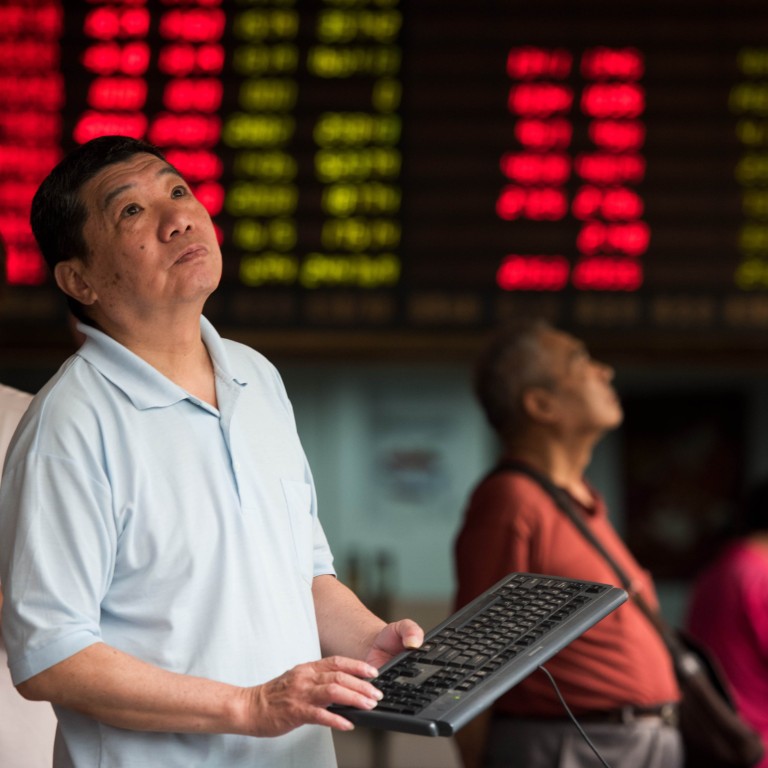
China’s long-term pledge to intervene in markets may need to be abandoned
China’s securities regulator issued last Friday a long-term commitment to stabilise the volatile equity market for a "number of years" – a move that would give confidence to mainland retail investors but could hurt international investors’ confidence in those markets.
The China Securities Regulatory Commission said in a Chinese language statement the state-backed China Securities Finance Corp, which is tasked with buying shares on behalf of the government for its market rescue plan, would not exit the market “for a number of years to come” while part of the portfolio it purchased would be partly moved to the state owned Central Huijin Investment as a long-term investment.
The statement rejected rumours it may withdrew from the market. Over the past few weeks, Shanghai and Shenzhen headed south whenever those kind of rumours flared up. The statement has the one-off effect to kill those rumours.
This may well give confidence to mainland investors who generally want the government to support the market when needed. But for international investors, such intervention is not international practice and the long term commitment would discourage international interest to invest in mainland markets.
What’s more, it is also going to impact the chance for A-shares to join the MSCI index. If the government agency holds so many shares in its portfolio, how can the government convince international investors that the mainland markets are driven by market forces?
The CSRC has clearly said that while China Securities Finance Corp will not buy or sell shares in the near term, it clearly said the agency “will intervene again when the market is volatile and may trigger systemic risks”.
If the indices again drop 30 per cent or more, it may trigger official intervention again.
Now the CSRC is saying it has a long term commitment so we can assume Beijing would intervene from time to time. This may be difficult for fund managers who make investment decisions based on the fundamental foundation of listed companies as is the norm in international markets.
For A-shares to be included in benchmarks like the MSCI, the CSRC may need to abandon this long-term commitment to market intervention.

